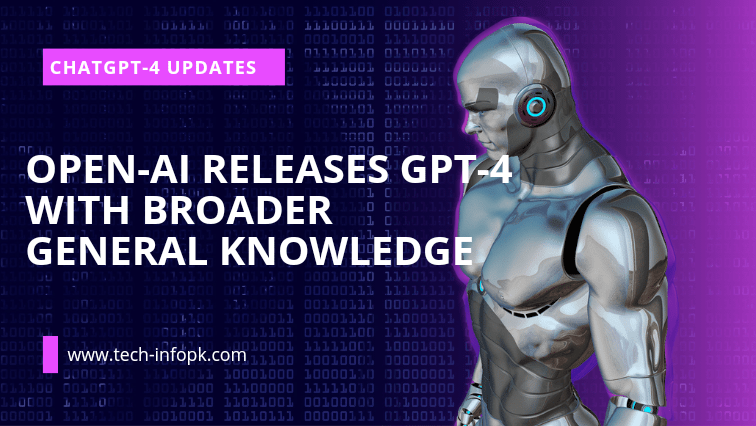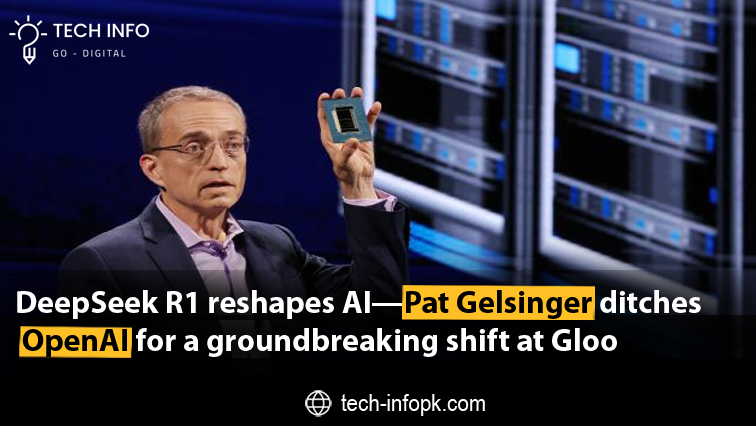Table of Contents
ToggleIntroduction
OpenAI, one of the leading artificial intelligence research organizations, has recently announced the release of GPT-4 with Broader General Knowledge with OpenAI’s GPT-4 Release . The fourth iteration of their groundbreaking language processing model. OpenAI expects GPT-4 to set a new standard in natural language processing and machine learning, with increased capabilities and a broader general knowledge than any of its predecessors.
What is GPT-4?
GPT-4, or Generative Pre-trained Transformer 4, is a language model that uses deep learning techniques to process natural language. It is design to be able to understand and generate human-like language, and has been train on massive amounts of data from various sources, including books, websites, and other texts. The model uses a transformer architecture, which allows it to process long sequences of data and make predictions based on that data.
Wider breadth of knowledge
One of the most exciting features of GPT-4 is its broader general knowledge. This means that the model has to be train on a much wider range of topics than previous versions, including science, history, and current events. This broader general knowledge will allow the model to better understand and generate language about a wider range of topics, and will make it more useful for a variety of applications.
Improved Accuracy and Efficiency
Potential Applications
The release of GPT-4 has the potential to revolutionize. A wide range of industries, from healthcare to finance to entertainment. The model can be use to develop more accurate and efficient language translation tools. To create more engaging chatbots and virtual assistants, or to analyze large amounts of text data for research and business purposes. Additionally, the model could be useto generate more engaging and personalized content for a variety of applications, including marketing and advertising.
Concerns and Challenges
Despite its potential benefits, the release of GPT-4 also raises concerns about the ethical implications of artificial intelligence. Some people express concern that GPT-4 and similar models may create fake news or propaganda and automate jobs, leading to the replacement of human workers. Furthermore, there are concerns regarding potential biases which can be present in the model, based on the data on which it has been train.
Conclusion
The release of GPT-4 represents a major milestone in the development of artificial intelligence and natural language processing. Its broader general knowledge, improved accuracy and efficiency, and potential applications make it a powerful tool for a wide range of industries. However, it is important to carefully consider the ethical implications of these technologies and work to ensure that they are use in responsible and beneficial ways.






Good post. I learn something totally new and challenging on blogs I stumbleupon on a daily basis. Its always useful to read content from other authors and practice something from their websites.